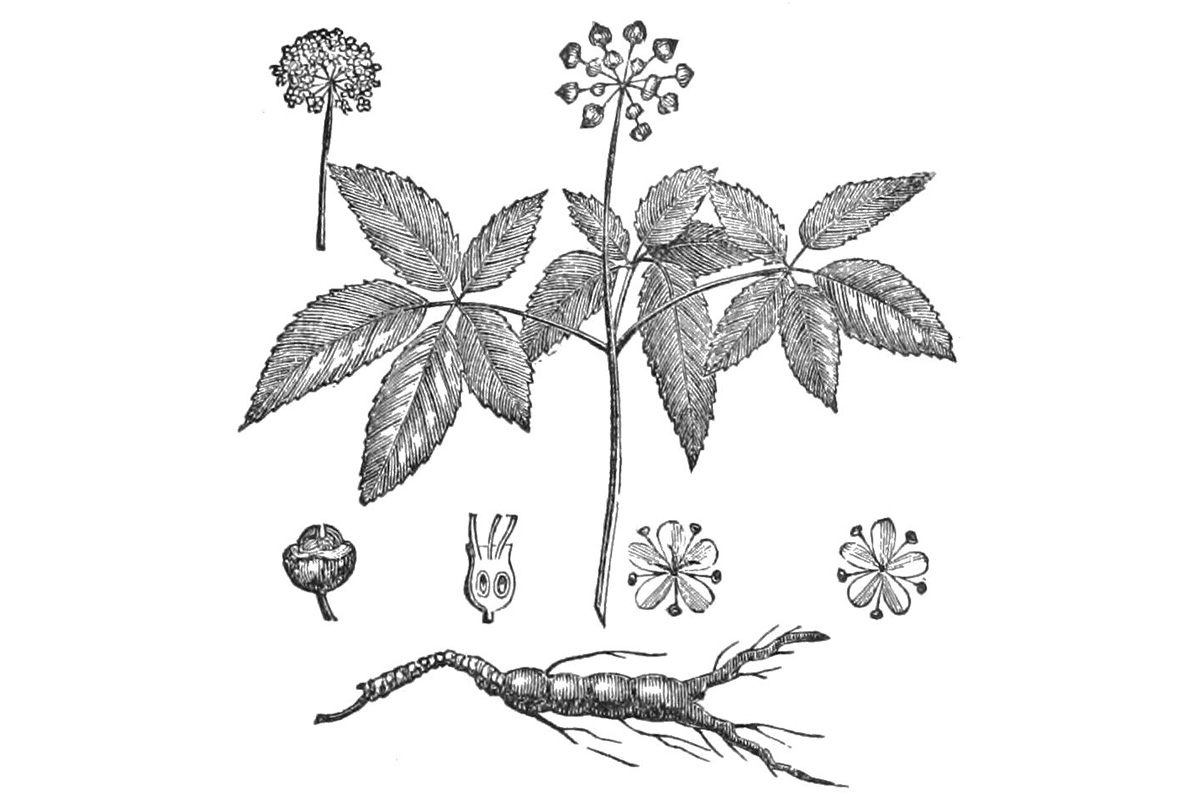The Smithsonian Center for Folklife and Cultural Heritage seeks virtual (non-resident) interns throughout the extended Appalachian region and the eastern Midwest to join a “virtual field school” project on the history, folklore, harvest, conservation, and use of American ginseng. Smithsonian experts will offer guidance in research methods and best practices. Research by interns will help inform a proposed program for the 2020 Smithsonian Folklife Festival in Washington, D.C.
Ginseng is a plant found in the forests of both the United States and parts of Asia. Its history has intertwined these two portions of the world since 1716, when North American ginseng was first traded to China. It has numerous health benefits, according to users in America and Asia, ranging from treatments for diabetes and cancer to impotence and fatigue. Because its root resembles the human body, there is widespread folklore around the plant, especially in Asia. In the United States, folk stories center on finding the largest root or group of plants, similar to hunting or fishing stories.
Due to its popularity and slow growth, plus development of former forest land and other environmental factors, wild ginseng has become increasingly scarce in its natural habitat. As the Wild Ginseng Conservation Institute of West Virginia University states, “ginseng has become an important model species – a sensitive indicator of the effects of contemporary global and regional environmental change for plants in the eastern deciduous forest.” Approximately ninety percent of ginseng exported from the United States is now grown on farms in Wisconsin, largely in Marathon County. These farms tend to be small and family-owned, and many are in their third or fourth generation, which has established another set of traditions.
This virtual internship aims to bring together a group of students interested in the intersections of history, folk medicine, traditions of the forest, family farming, international trade, and conservation of natural materials to do archival and field research on ginseng specific to their community/state/region, to compare and contrast information, and to learn from one another and from experts in the field.
The internship will begin on or around February 25 and will extend twelve weeks to May 10, 2019. Applications are due by December 15, 2018. Please see the full description for more details and how to apply.


